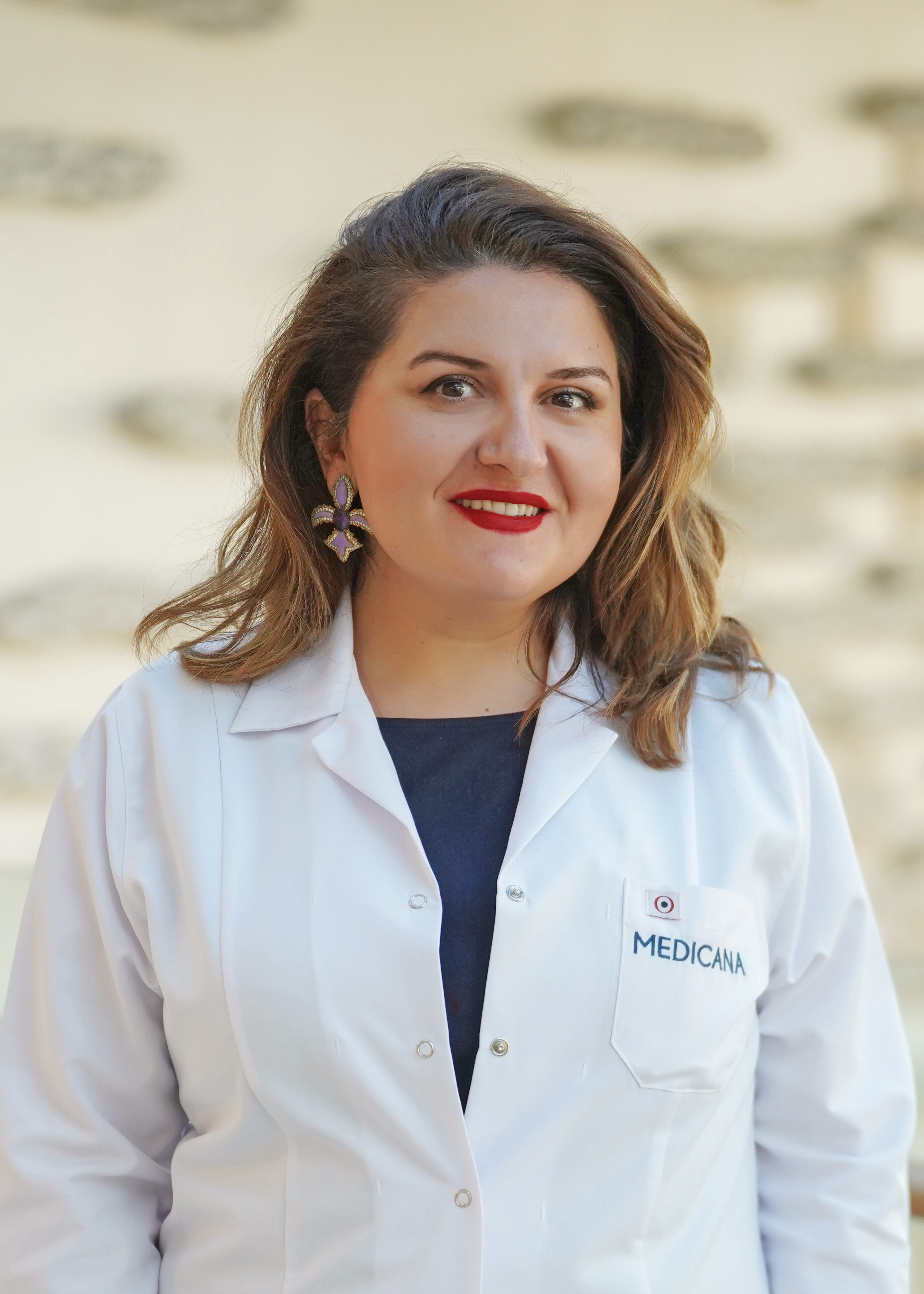
Otitis media, also known as otitis media, is an infection of the cavity behind the eardrum. Most cases of otitis media occur especially in the winter months and during the transition to the spring season. The risk of catching colds and ear infections usually increases in environments where children are cared for in groups such as nursery and kindergarten. Otorhinolaryngology Specialist Op. Dr. Natavan Ramanzade gave information about otitis media.
Middle ear infections can be caused by various microorganisms such as viruses and bacteria. The risk of ear infections in children is higher than in adults. Infants between 6 months and 2 years of age and young children are the age group at risk for ear infections. Stating that especially the presence of people who have had otitis media in the family increases the risk of otitis media, Medicana International Istanbul Hospital Otolaryngology Specialist Op. Dr. Natavan Ramanzade said, “Some of the individuals have various risk factors that make them more prone to otitis media. Some of them may be family history, having colds, allergic children, having some chronic diseases, seasonal transitions, children with cleft palate-lip problems.”
Fatigue and loss of appetite should be taken into account
Stating that there are various symptoms of otitis media and that these symptoms may vary according to age groups, Op. Dr. Natavan Ramazanzade listed the common symptoms as follows: “Ear pain, especially in young children, may include loss of appetite, moodiness and irritability, crying attacks, sleep problems, tugging on the ear while lying down, high fever, ear discharge, hearing problems, headache, loss of balance.”
Recurrent otitis media can cause hearing loss
Stating that the incidence of various complications may also increase in cases of recurrent otitis media, Op. Dr. Natavan Ramazanzade said, “Hearing loss and rupture of the eardrum, delayed speech and developmental retardation, especially in young children, spread of the infection to the bones around the ear, rarely to the brain and meninges (meningitis) can be counted among the conditions related to recurrent middle ear infection.”
In the presence of an ear infection, it is often possible to prevent complications and alleviate symptoms with early diagnosis and proper treatment planning. Emphasizing that a healthcare provider should be consulted immediately when symptoms do not regress and last for a long time, in children under 6 months of age, in the presence of very severe ear pain, in the presence of bloody or purulent fluid coming from the ear and hearing loss, Otolaryngology Specialist Op. Dr. Natavan Ramazanzade said, “Ear infections usually resolve without intervention and often do not require medication. The treatment approach may include alleviating symptoms such as severe pain. In some cases, antibiotic treatment for the infection can be started with the doctor's recommendation. Antibiotic treatment may be more commonly preferred in children younger than two years of age.”
Perforation of the eardrum, a serious complication
Stating that one of the conditions that can cause middle ear inflammation is serous otitis media disease called otitis media with effusion, Medicana International Istanbul Hospital Otolaryngology Specialist Op. Dr. Natavan Ramazanzade said: “In otitis media with effusion, there is no infection due to bacteria or viruses. This condition usually occurs when the fluid in the ear continues to accumulate after the middle ear infection has healed or due to disorders associated with the Eustachian tube. Chronic otitis media with effusion causes fluid to remain in the ear and increases the risk of new ear infections, especially in children. Undesirable complications of otitis media with effusion include hearing loss. Another condition known as chronic suppurative otitis media involves ear infections that do not heal with standard treatment methods. This condition can cause serious complications such as perforation of the eardrum.”
Underlining that the fluid accumulated in the middle ear may not improve despite the drugs or antibiotics used, Op. Dr. Natavan Ramazanzade said, “In patients with recurrent otitis media, otitis media that do not heal on their own or with medical treatment, and patients with eardrum collapse and conductive hearing loss, tube insertion surgery for otitis media can be performed.”
İHA Haber Kodu: 20241108AW324927